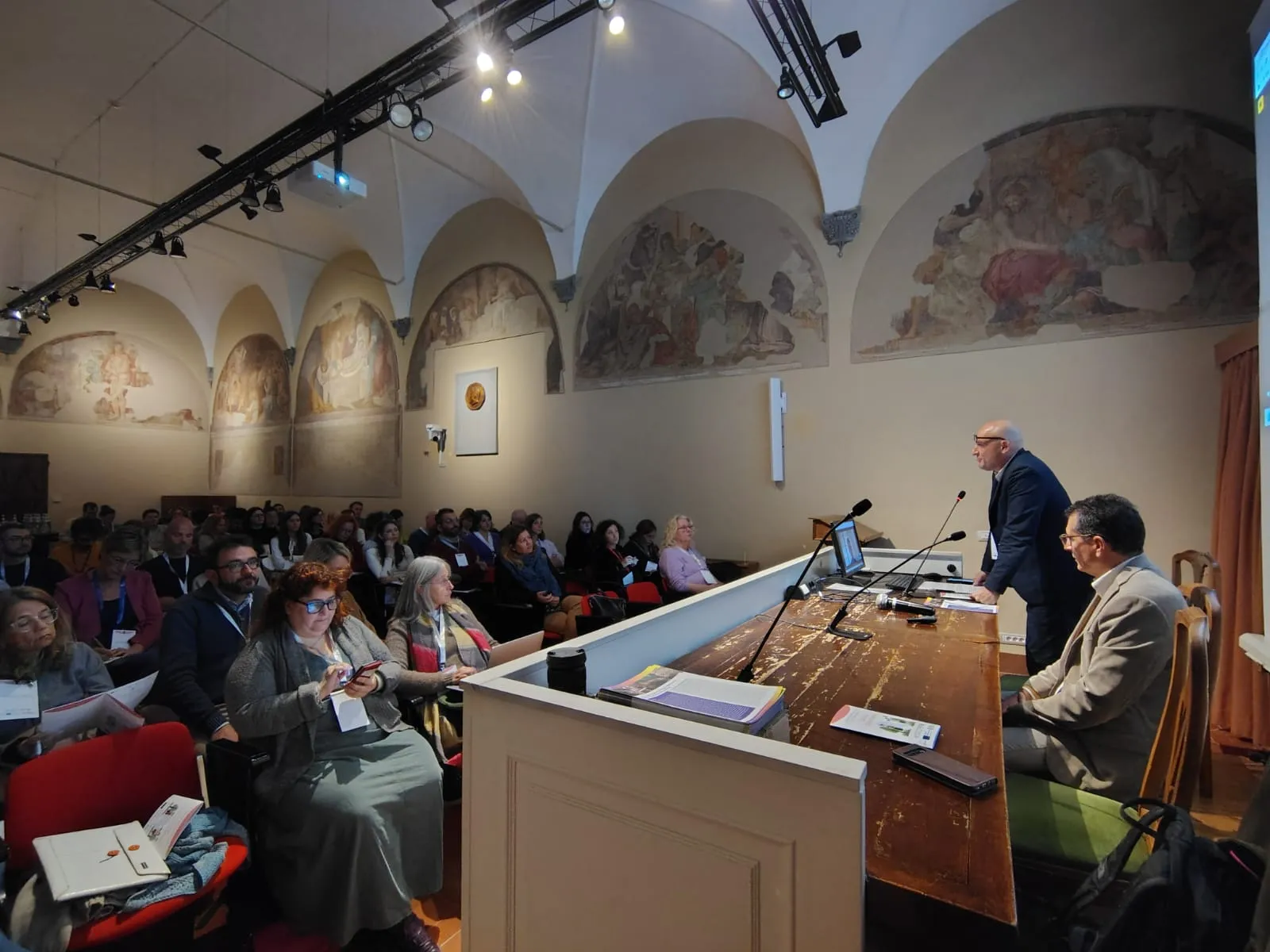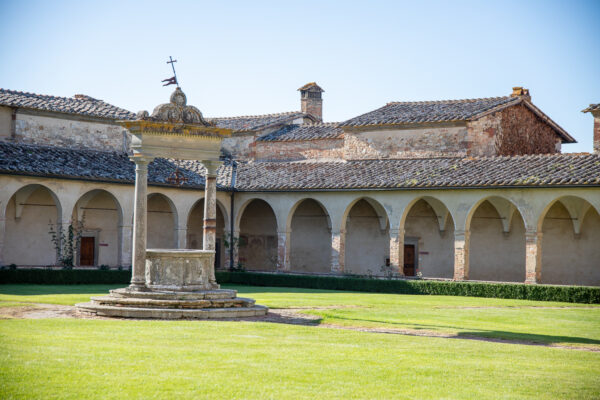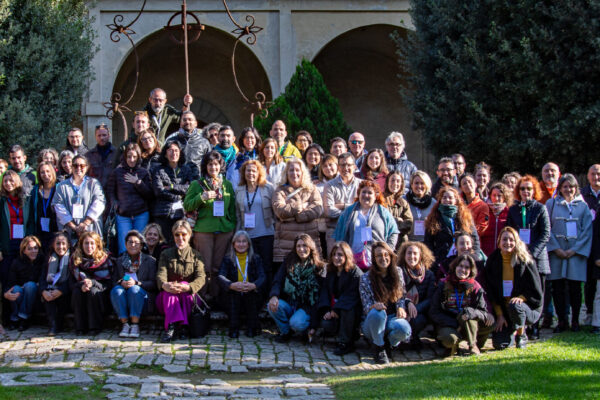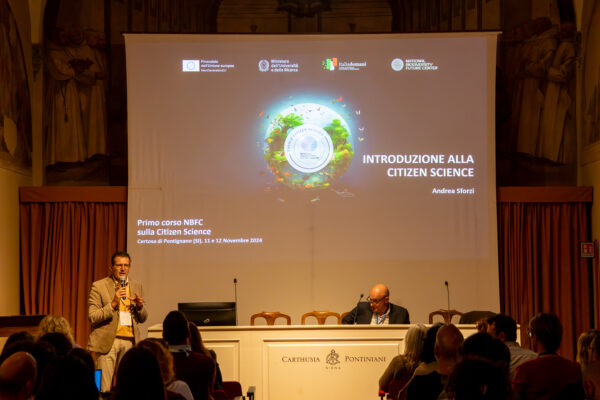On November 11th and 12th, the Italian National Biodiversity Future Centre (NBFC) organised, with the support of the Italian association of citizen science, a two-day training course on Citizen Science (CS).
The mission of NFC is to identify suitable strategies for monitoring, conserving, restoring, and valorising biodiversity in different Italian regions. These crucial objectives cannot be achieved without the engagement of all social actors, with special attention to Italian citizens. Therefore, a dedicated working group was created within the centre to support Italian researchers in working with citizens. The group is dedicated to citizen science and is chaired by Andrea Sforzi, president of the Italian Association of Citizen Science and Director of the Maremma Natural History Museum.

Antonella Passani, T6 Partner and Head of Research and member of the Italian Association for Citizen Science, gave a speech on mapping and describing the scientific, social, economic, political, and environmental impacts of CS projects. Her lesson showcased the impact assessment methodology of our IMPETUS project and the results achieved so far. It was also the right forum to announce the third upcoming open call of IMPETUS.
The T6 representative was not the only one to discuss IMPETUS at this event. Indeed, Domenico D’Alelio, from the Stazione Zoologica Anton Dohrn of Naple (Italy), showcased the results of the Reknotting Marine Biodiversity project. His talk explained the important scientific and social impacts achieved by this project dedicated to marine biodiversity monitoring and also highlighted the support provided by the IMPETUS team during the project implementation.
IMPETUS is a well-known actor in the CS community, and the audience paid close attention to both the methodology and the upcoming support opportunities.
These two days provide an excellent opportunity to exchange ideas and create new connections with a vibrant research community. Hopefully, these moments will also motivate and inspire more people to work at the crossroads between science and society through citizen science practices.





